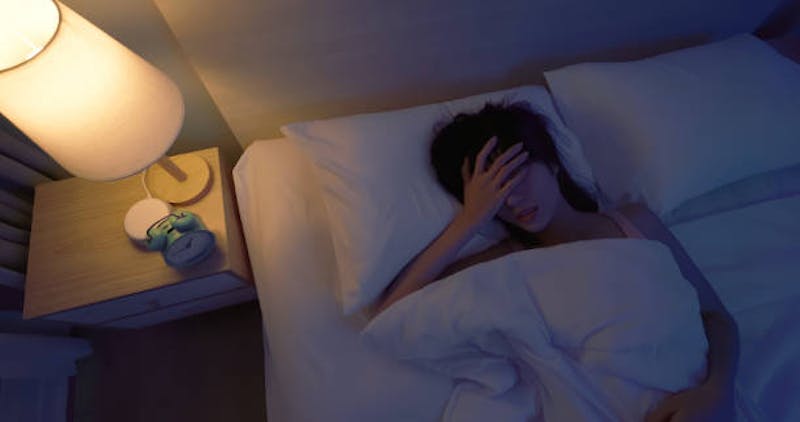
At Louisiana ENT Specialists, our board-certified ENT doctors have spent decades helping patients breathe easier and sleep better. With a legacy of excellence across Louisiana, our team is committed to uncovering the root causes of sleep disturbances, including those often overlooked, like allergies.
If you struggle with restless nights and daily fatigue, your allergies could be playing a bigger role than you think. Read on to discover how nasal congestion and allergic reactions can contribute to or worsen sleep apnea, and what you can do about it.
How Allergies Impact Breathing During Sleep
Allergic rhinitis—an immune response to allergens like pollen, pet dander, mold, or dust mites—can cause inflammation in the nasal passages. This inflammation often leads to nasal congestion, which makes it harder to breathe through the nose.
During sleep, nasal congestion can force you to breathe through your mouth. This shift can disrupt normal airflow and increase airway resistance, especially when lying down. For some, this contributes to poor-quality sleep. For others, it can lead to or aggravate a more serious condition: obstructive sleep apnea (OSA).
The Connection Between Nasal Congestion and Sleep Apnea
Obstructive sleep apnea occurs when the airway becomes partially or completely blocked during sleep, interrupting breathing and reducing oxygen levels. People with chronic nasal congestion from allergies may be more prone to airway collapse, especially if they already have risk factors such as:
- Narrowed nasal or oral structures
- Obesity
- Enlarged tonsils or adenoids
- A deviated nasal septum
When the nasal passages are inflamed and blocked, it creates a "double burden" on the airway, increasing the likelihood of snoring, gasping, and disrupted sleep. Over time, untreated OSA can raise the risk for high blood pressure, heart disease, mood disorders, and more.
How We Can Help
At Louisiana ENT Specialists, we take a comprehensive approach to diagnosing and treating sleep-disrupting conditions. If allergies are contributing to your sleep apnea symptoms, we offer a variety of targeted treatments, including:
- Allergy testing: Identify your specific triggers with in-depth diagnostic testing.
- Medical management: Antihistamines, nasal corticosteroids, and decongestants can reduce allergic inflammation.
- Immunotherapy: Allergy shots or sublingual drops to desensitize your immune system over time.
- Sleep studies: In-office or at-home testing to confirm a diagnosis of sleep apnea.
- ENT evaluation: Assess nasal anatomy and airway structures that may be worsening your condition.
Breathe Easier, Sleep Better
You don’t have to live with the exhaustion and discomfort of poor sleep caused by allergies and nasal congestion. At Louisiana ENT Specialists, our expert team combines allergy and sleep medicine expertise to help you achieve lasting relief and better rest. We offer same-day appointments, state-of-the-art diagnostic tools, and personalized care from Louisiana’s most trusted ENT network.
If you're experiencing sleep apnea symptoms or chronic nighttime congestion, schedule a consultation today with Louisiana ENT Specialists and take the first step toward clearer breathing and restorative sleep.

